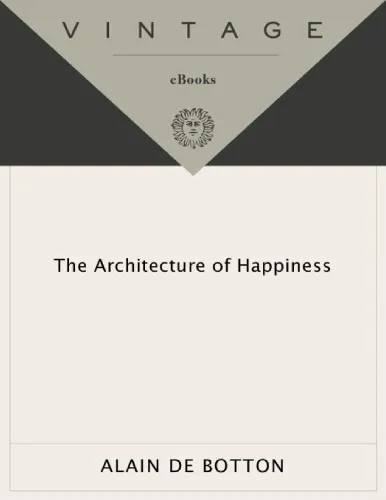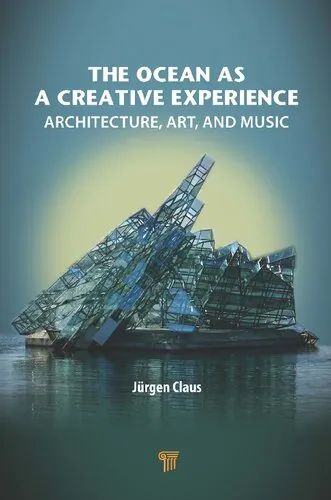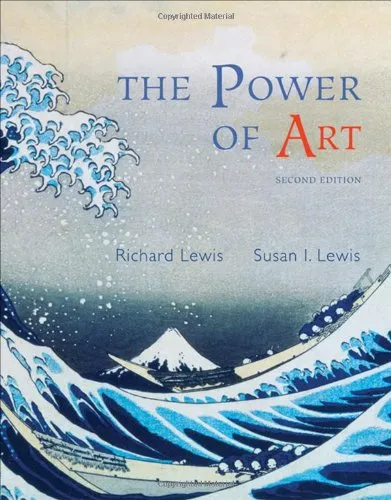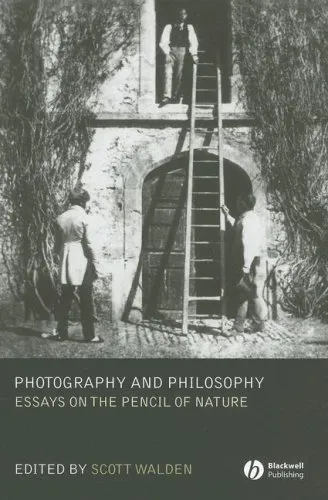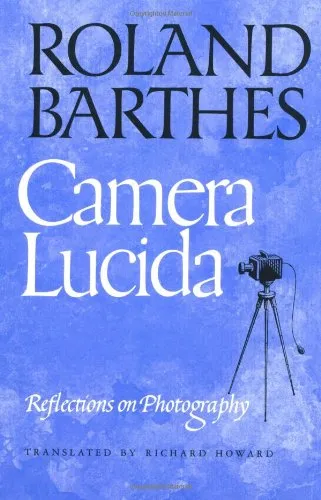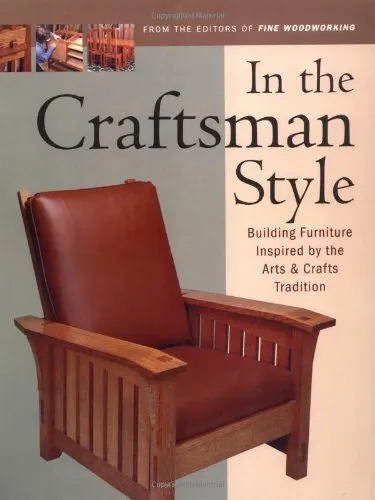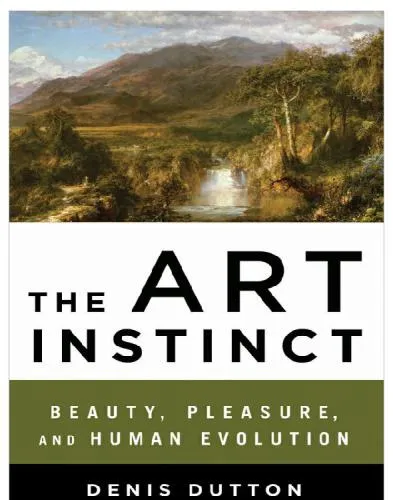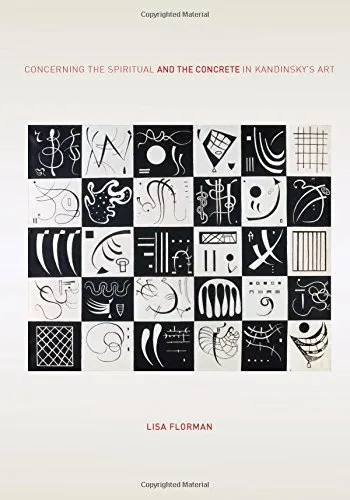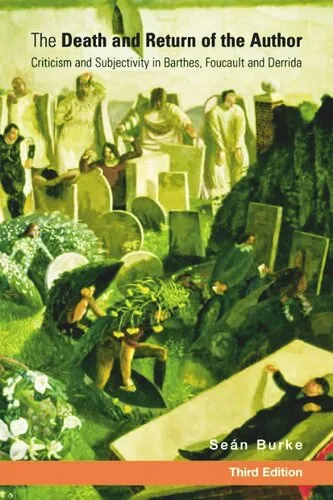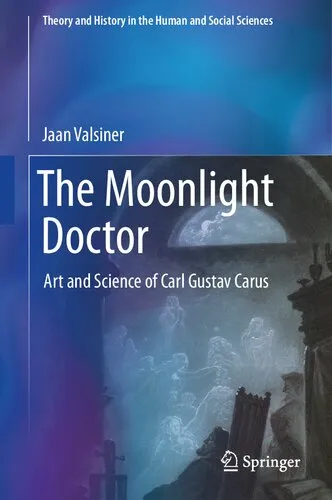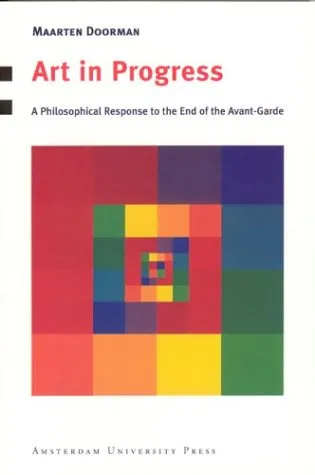The Architecture of Happiness
4.6
بر اساس نظر کاربران

شما میتونید سوالاتتون در باره کتاب رو از هوش مصنوعیش بعد از ورود بپرسید
هر دانلود یا پرسش از هوش مصنوعی 2 امتیاز لازم دارد، برای بدست آوردن امتیاز رایگان، به صفحه ی راهنمای امتیازات سر بزنید و یک سری کار ارزشمند انجام بدینکتاب های مرتبط:
معرفی کتاب 'The Architecture of Happiness'
کتاب 'The Architecture of Happiness' نوشته 'آلن دوباتن' یکی از آثار برجستهای است که به رابطه میان معماری و خوشبختی میپردازد. این کتاب به شکلی عمیق و روشنفکرانه نشان میدهد که چگونه محیطهای فیزیکی میتوانند بر احساسات انسان تاثیر بگذارند و در نهایت بر رفاه و خوشبختی تاثیرگذار باشند.
خلاصهای تفصیلی از کتاب
در این کتاب، آلن دوباتن به بررسی چگونگی تاثیر معماری بر خوبزیستی انسانها میپردازد. او آغاز میکند با اشاره به این مطلب که معماری صرفاً هنر ساختن نیست، بلکه علمی است که میتواند به ارتقای روحیه و شادی افراد کمک کند. دوباتن به تاثیرات روانشناختی فضاهای مختلف میپردازد و با اشاره به نمادها و عناصر معماری، به تحلیل فلسفی فضاها وارد میشود. او به نیروهایی مانند زیباییشناسی، تقارن و نورگیری اشاره میکند و نشان میدهد که چگونه این ویژگیها بر حس لذت و آرامش ما تاثیر میگذارند. این بررسیها خواننده را به دیدگاههای نوین و عمیقی درباره نقش معماری در زندگی روزمره میرساند.
نکات کلیدی
یکی از نکات برجسته کتاب این است که دوباتن به دنبال یافتن رابطهای میان معماری و روانشناسی است. او معتقد است که زیبایی و شادی، دارای الگوهایی است که در طبیعت و معماری وجود دارند. این الگوها به وجود ساختارهای بصری، نور، و ترتیب اجزای محیط مربوط میشوند. دوباتن همچنین بر این نکته تاکید دارد که معماری نقش اساسی در تشکیل هویت و خاطرات جمعی یک جامعه دارد و میتواند به تعلق خاطر و احساس امنیت افراد کمک کند.
جملات معروف از کتاب
- "معماری میتواند درمانی برای مشکلات روحی انسان باشد."
- "زیبایی محیط چیزی است که میتواند ذهن ما را به آرامش دعوت کند."
- "ارتباطی ظریف و محکم بین فضا و احساسات وجود دارد که نمیتوان آن را انکار نمود."
چرا این کتاب مهم است؟
کتاب 'The Architecture of Happiness' به گونهای نوشته شده است که نه تنها برای معماران و طراحان، بلکه برای هر کسی که بهدنبال بهبود کیفیت زندگی خود است، میتواند مفید باشد. دوباتن با زبان ساده و در عین حال عمیق خود، به خواننده کمک میکند تا درک بهتری از محیطی که در آن زندگی میکند پیدا کند و به قدرت مثبت معماری آگاه شود. در جهانی که به سرعت تغییر میکند، این کتاب یادآور میشود که چگونه طراحی فضاهای فیزیکی میتواند بر ذهن و روان انسان تاثیر بگذارد و خوشبختی را افزایش دهد.
Welcome to the world of 'The Architecture of Happiness,' a book that elegantly intertwines the realms of architecture and the pursuit of human contentment. Authored by Alain de Botton, this literary masterpiece investigates how the buildings enveloping our lives significantly influence our happiness, emotions, and overall well-being. In this exploration, de Botton urges us to reconsider our everyday surroundings and recognizes that architecture possesses deeper connections to our inner lives than previously acknowledged.
Detailed Summary of the Book
In 'The Architecture of Happiness,' Alain de Botton embarks on a compelling quest to unravel the enigmatic relationship between our environments and our emotional states. The book is built on the premise that the structures around us – whether they be grand cathedrals or modest homes – have a profound impact on our happiness. De Botton takes readers on an insightful journey across historical periods and architectural masterpieces, drawing examples from Gothic architecture, modernist trends, and classical styles. Through his lucid narrative, he illustrates how architecture not only fulfills a practical purpose but simultaneously embodies aesthetic aspirations.
The book is cleverly divided into thematic sections that address different facets of the architectural experience. De Botton delves into the philosophical underpinnings of beauty and how architects through the ages have wrestled with the concept. He also touches upon the symbolism embedded in buildings, reflecting the values and ideologies of their eras. Additionally, the prospect of home emerges as a sentimental anchor, highlighting how our living spaces serve as intimate extensions of our identities.
Key Takeaways
- Architecture is intricately linked to our psychological and emotional well-being.
- Structures and spaces convey beauty, a key component in cultivating happiness.
- The design and aesthetics of our environments can mirror our personal and social values.
- Understanding architectural history provides context for modern design practices.
- Our homes are not just shelters but reflections of our inner selves.
Famous Quotes from the Book
"It is in dialogue with pain that many beautiful things acquire their value."
"A feeling that we can build something enduring allows us to reconfirm our sense of agency and afford ourselves the feeling of reassurance."
"The quest for architectural beauty is a part of the way we hope to express kindness and love."
Why This Book Matters
'The Architecture of Happiness' holds crucial significance for readers interested in the crossroads of art, design, and human psychology. In a world where the importance of science and technology often eclipses the humanities, de Botton's work serves as a refreshing reminder of the indispensable role art plays in our lives. It compels architects, designers, and laypeople alike to think critically about the spaces they inhabit, encouraging a more profound appreciation of how well-crafted environments contribute to personal happiness. The book challenges prevailing notions about utility and aesthetics, positioning architecture as not only a visionary practice but a deeply humane one too.
By drawing connections between our habitats and emotional landscapes, Alain de Botton empowers us to recognize the subtle yet critical influence of design decisions on our daily lives. His insights echo the sentiment that at the heart of architecture lies a pursuit of happiness that transcends time and culture, offering timeless lessons on the universal desire to create beauty that nurtures the soul.
دانلود رایگان مستقیم
شما میتونید سوالاتتون در باره کتاب رو از هوش مصنوعیش بعد از ورود بپرسید
دسترسی به کتابها از طریق پلتفرمهای قانونی و کتابخانههای عمومی نه تنها از حقوق نویسندگان و ناشران حمایت میکند، بلکه به پایداری فرهنگ کتابخوانی نیز کمک میرساند. پیش از دانلود، لحظهای به بررسی این گزینهها فکر کنید.
این کتاب رو در پلتفرم های دیگه ببینید
WorldCat به شما کمک میکنه تا کتاب ها رو در کتابخانه های سراسر دنیا پیدا کنید
امتیازها، نظرات تخصصی و صحبت ها درباره کتاب را در Goodreads ببینید
کتابهای کمیاب یا دست دوم را در AbeBooks پیدا کنید و بخرید
1604
بازدید4.6
امتیاز0
نظر98%
رضایتنظرات:
4.6
بر اساس 0 نظر کاربران
Questions & Answers
Ask questions about this book or help others by answering
No questions yet. Be the first to ask!
